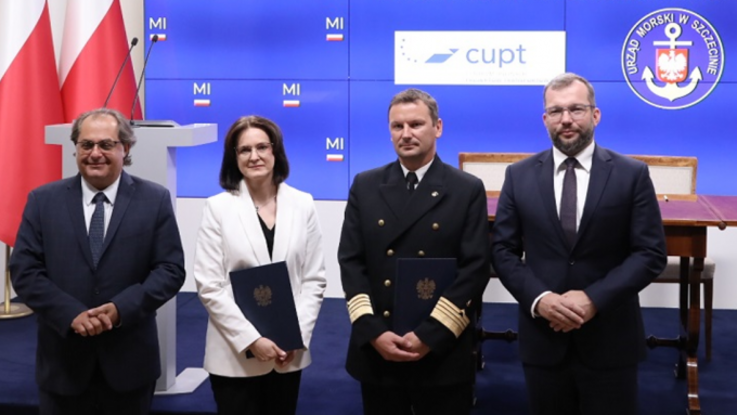Experts from ESPON, the pan-European research programme, are reminding that the French presidency of the EU Council began on 1 January, when it seemed that the most important challenge would be to rebuild economies after the COVID-19 pandemic. It ends in June, when the world’s attention is focused on Ukraine defending its borders.
“During this period, the 27 Member States imposed unprecedented sanctions on Russia, broke the taboo that had surrounded defence funding for decades and officially granted Ukraine candidate status to the Community. Meanwhile, today’s Europe is facing very serious threats, such as record-breaking inflation or the approaching food and energy crisis”, ESPON analysts conclude.
Every six months, a new Member State takes over the rotating presidency of the Council. During this period, it chairs the Council meetings at all levels, seeking to ensure continuity in the work of the EU. So far, Poland has held the presidency once (in 2012) and its next term will be in 2025.
“The motto of the French presidency was Recovery, Strength and a Sense of Belonging, and it was expected to focus mainly on social and digital issues and on those related to accelerating the energy transition towards RES. Although Russia’s invasion of Ukraine revised these plans, making all EU summits and conferences primarily concentrated on war issues, during the first half of 2022 agreement was reached in several important areas”, experts explain.
First of all, the final version of the Digital Markets Act (DMA) was developed, which is supposed to ensure a higher level of competition on the said markets. After ten years of disagreements, the EU agreed on a binding target of at least 40% female representation in the supervisory boards of stock exchange listed companies. Common mechanisms and criteria for setting minimum wages in all Member States was also established. In addition, progress was made in preparatory work for the future extension of the EU to include Western Balkan countries.
However, the French presidency also sought to strengthen the position of the richer and more developed countries, the so-called EU15, in many areas, especially when it comes to the slogans related to accelerating decarbonisation and the accomplishment of the goals of the European Green Deal before 2050. This was connected, among others, with the recent presidential and parliamentary elections in France, with green transition being at the heart of President Emmanuel Macron’s agenda.
“Beginning in July, the Czech presidency is likely to mark a certain shift in the EU policy priorities. The government’s declarations in Prague indicate that the voices of new Member States from Central and Eastern Europe will be heard more strongly than before”, according to ESPON analysts.
First of all, the Czech Republic wants to make the EU’s position towards Russia more rigid by imposing additional sanctions and by providing political and military support to Ukraine. Energy security will also play a significant role in the new presidency programme, but emphasis on this issue will be distributed differently than before.
“While the Fit for 55 agenda lays the foundations for decarbonisation, our presidency will focus primarily on thorough implementation of the main short-term goals, i.e., to become independent from Russian fossil fuels and to secure stability and continuity of supplies”, as can be read in the document presented by the government in Prague.
The Czech presidency also declares its readiness to work on the implementation of regulations on gas reserves, i.e., filling up storage facilities well before the winter comes, and promoting joint purchases of the raw material as was done with collecting vaccines against COVID-19. Finally, having taken over the presidency of the Council of the European Union, the Czech Republic will also seek to address the issue of consolidating of the role of nuclear energy in ensuring the Community’s energy security and in meeting its climate goals.
“Given the growing instability in the world, the Czech presidency will also focus on strengthening the EU’s security and defence capabilities based on the strategic partnership with NATO”, the government in Prague declares.
Source: PAP MediaRoom
Treść pochodzi z serwisu: pap-mediaroom.pl






